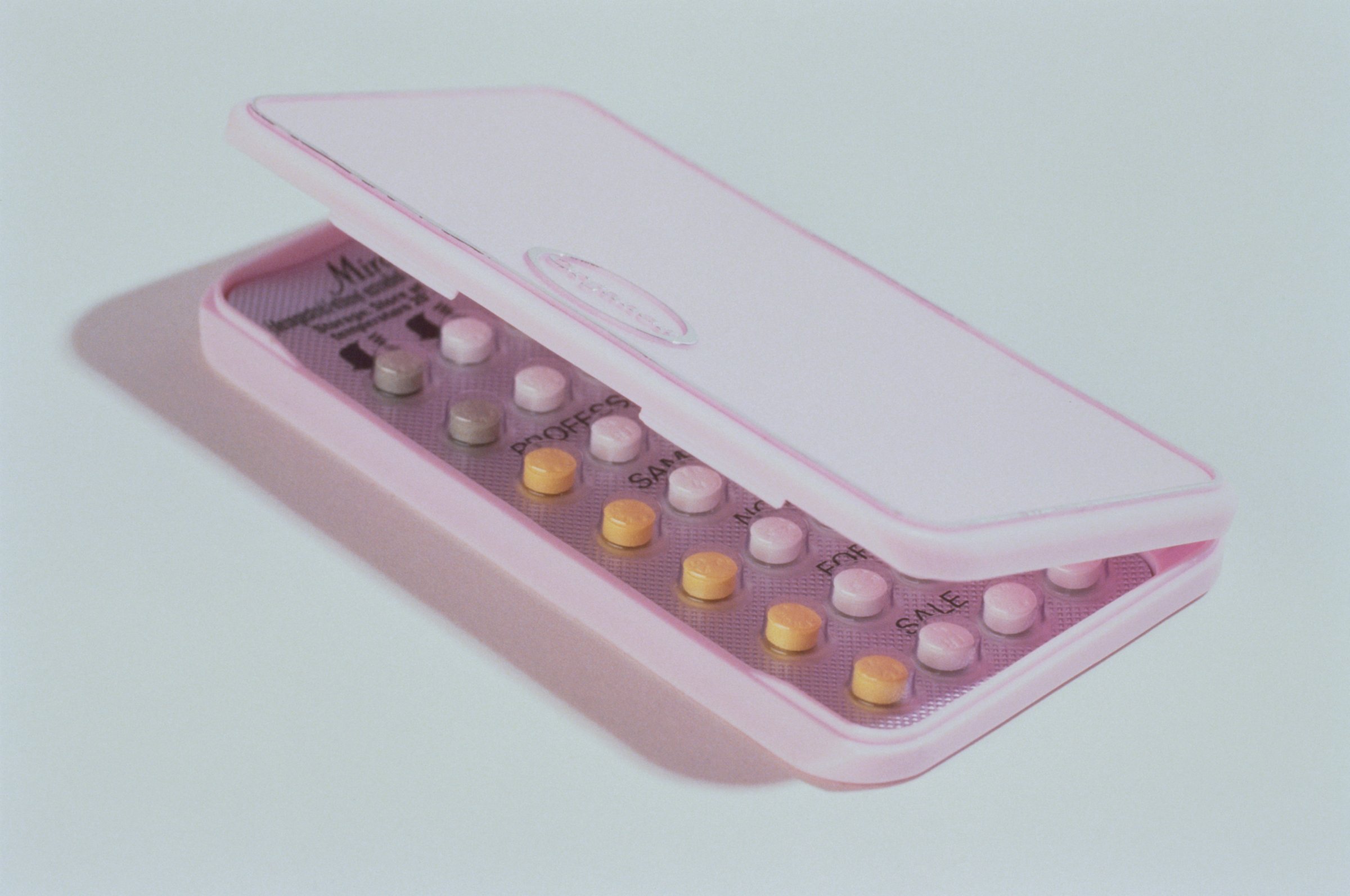
One hundred years ago, in order to support the four children she already had, my great-grandmother Lena gave herself abortions on her kitchen table with a knitting needle.
Her story is typical of so many: an immigrant from the Poland/Austria region, she arrived in the U.S. alone at 16 and set out to find work and a new life in a new country. She married my great-grandfather and lived with him and their four children in a Lower East Side tenement. They scraped by, just barely.
Quarters were cramped in their apartment. The three brothers shared the only bedroom. The parents slept in the front room. My grandmother, the family’s only daughter, slept on a bedroll in the kitchen. But twice, she was asked to go and sleep with her brothers. Curious, and probably disturbed by what she must have been hearing, she peeked into the kitchen and saw her mother on the kitchen table, having an abortion with a knitting needle at the hands of a local “expert.”
These were acts of desperation at a time before birth control was legal, safe and widely available. My great-grandmother had to make painful decisions made in order to feed four growing children and ensure their futures. We have made progress by leaps and bounds since those days: today, abortion rates are their lowest since the historic Roe v. Wade Supreme Court decision and rates of unintended pregnancies in the U.S. are at their lowest level in 30 years. For that, we can likely thank the wide availability and affordability of birth control.
Today, we stand at a crossroads. Since the Affordable Care Act’s birth control mandate required insurers to provide contraceptive methods at no cost, women have saved an estimated $1.4 billion per year on birth control. Women, who make up an integral part of our economy and society, are better able to plan their families and their financial futures, participate in education and in the workforce.
But this progress just came to a grinding halt. On Friday, the Trump administration issued a rule that would cut off women’s access to economic and physical safety — all in the name of religious liberty.
This rollback of a key Affordable Care Act provision would allow practically every employer — not just religious institutions or “closely held” private businesses — to request an exemption from the ACA birth control mandate based on moral or religious objections. Now, over 55 million women who currently use no-pay contraceptives could be at financial and physical risk.
To claim that this legislation preserves and protects religious liberty misses the forest for the trees and ignores the founding principles of this country. Religious liberty is the freedom of and the freedom from religion. As a rabbi, I understand this distinction. One would hope that President Trump and his administration would as well. The 55.7% of Americans who are insured through their employers should not have their health decisions determined by their employers’ religious beliefs. The United States of America is ruled not by theologians, but by the Constitution.
We know — my great-grandmother certainly knew — what not having access to affordable, easily available birth control can do, especially considering that Congress and state legislatures are pushing for more restrictions on abortion. All this legislation will do is imperil more women’s lives, threatening the same American families that the Administration has sworn to put first.
Reform Rabbis lead an American Jewish community that cherishes the separation of church and state. We will not stand idly by while the religious convictions of some are incorporated into state or federal law and restrict the reproductive freedom and physical safety of American women.
Throughout history, desperate women have gone to dangerous lengths to end pregnancies that threaten their lives, whether physically or emotionally or their ability to properly care for the children they already have. Nearly half of the abortions performed today around the world are considered unsafe, and the countries with the most unsafe abortions had the most restrictive laws on the procedure, according to a report released earlier this year by the World Health Organization. My great-grandmother is only one of many, and she was lucky — she survived. Thousands of women have died because they had to make the same heartbreaking, desperate decision that she did.
She would be outraged today to see how women’s basic rights to determine their life choices are being eroded by elected officials, and we should be too. The limitations on birth control access and women’s health that federal lawmakers are proposing and voting into law today will set us back decades, if not centuries.
Whether women should have access to birth control is not a question of religious liberty. It is a question of knitting needles. It is a question of life and death, and we must choose life.
Rabbi Hara E. Person, Chief Strategy Officer for the Central Conference of American Rabbis (CCAR), was ordained at Hebrew Union College-Jewish Institute of Religion.
More Must-Reads from TIME
- Why Trump’s Message Worked on Latino Men
- What Trump’s Win Could Mean for Housing
- The 100 Must-Read Books of 2024
- Sleep Doctors Share the 1 Tip That’s Changed Their Lives
- Column: Let’s Bring Back Romance
- What It’s Like to Have Long COVID As a Kid
- FX’s Say Nothing Is the Must-Watch Political Thriller of 2024
- Merle Bombardieri Is Helping People Make the Baby Decision
Contact us at letters@time.com